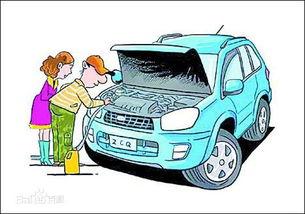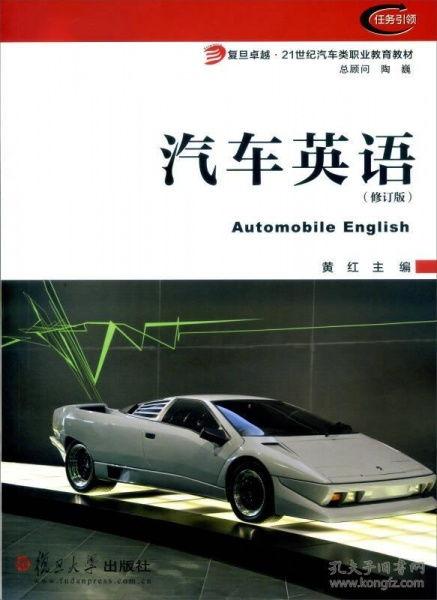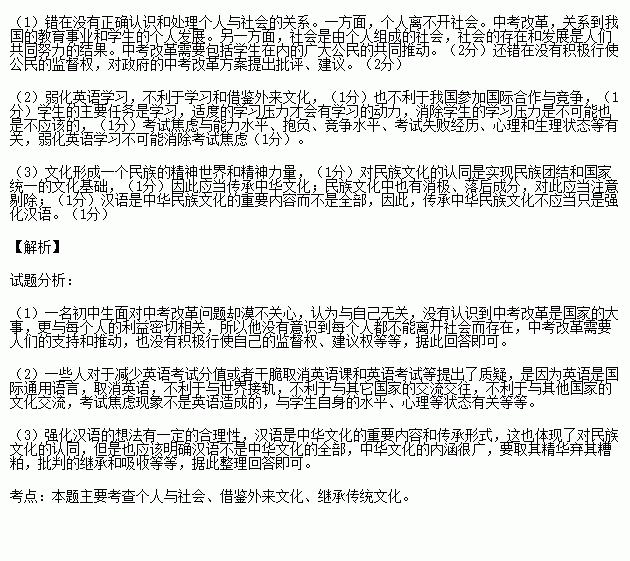Oh, you're driving down the road, feeling the smooth glide of your car, and suddenly, you think, \Hey, how's my baby doing?\ That's right, we're talking about the hot topic of car maintenance! Whether you're a seasoned driver or just hitting the road for the first time, keeping your vehicle in tip-top shape is crucial. So, let's dive into the nitty-gritty of car保养, shall we?
The Basics: Why Maintenance Matters

First things first, why should you even bother with car maintenance? Well, think of it like this: your car is like a person. It needs regular check-ups to stay healthy and happy. According to a study by the Car Care Council, neglecting regular maintenance can lead to costly repairs down the line. Plus, a well-maintained car is safer, more efficient, and can even save you money on fuel.
The Must-Do's: Essential Maintenance Tasks

Now, let's get down to the nitty-gritty of what you should be doing to keep your car in prime condition.
1. Oil Changes

Oil is the lifeblood of your engine. It keeps everything running smoothly and prevents friction. Most manufacturers recommend changing your oil every 3,000 to 5,000 miles, but newer models with synthetic oil can go up to 7,500 miles between changes. Don't forget to check the oil level regularly and top it up if needed.
2. Tire Rotation and Pressure
Your tires are the only part of your car that touches the road, so keeping them in good shape is crucial. Rotate your tires every 5,000 to 7,500 miles to ensure even wear. Also, make sure your tire pressure is at the recommended level, as underinflated tires can reduce fuel efficiency and increase the risk of a blowout.
3. Battery Check
Your car's battery is responsible for starting the engine and supplying power to the electrical systems. A weak battery can leave you stranded. Check your battery's condition regularly, and if it's more than three years old, consider replacing it.
4. Air Filter Replacement
Your car's air filter keeps the engine clean and ensures optimal performance. Replace the air filter every 12,000 to 15,000 miles or sooner if it gets dirty. A clogged air filter can reduce fuel efficiency and engine power.
5. Brakes and Suspension
Your brakes are your car's most important safety feature. Regularly check the brake pads and rotors for wear, and replace them as needed. Also, inspect the suspension system for any signs of damage or wear, as it affects your car's handling and ride quality.
The What-If's: Signs of Potential Problems
Even with regular maintenance, things can still go wrong. Here are some common signs that your car might need attention:
- Unusual noises, such as a knocking or grinding sound
- Warning lights on your dashboard
- Decreased fuel efficiency
- Vibrations or pulling to one side while driving
If you notice any of these signs, don't wait. Address the issue promptly to avoid more serious (and expensive) problems.
The Tech-Savvy Approach: Using Apps and Tools
In the digital age, there are plenty of apps and tools to help you keep track of your car's maintenance. From simple reminders to detailed maintenance schedules, these tools can make the process easier and more efficient. Some popular options include:
- Car Maintenance Schedule by CarMD
- Maintenance Reminder by AutoEnginuity
- Tire Pressure Monitor by Michelin
The Bottom Line: It's All About Prevention
Remember, the key to successful car maintenance is prevention. By staying on top of regular tasks and addressing potential problems early, you can keep your car running smoothly and avoid costly repairs. So, the next time you're driving down the road, take a moment to think about your car's health. After all, it's your trusty steed, and it deserves a little love and care!









